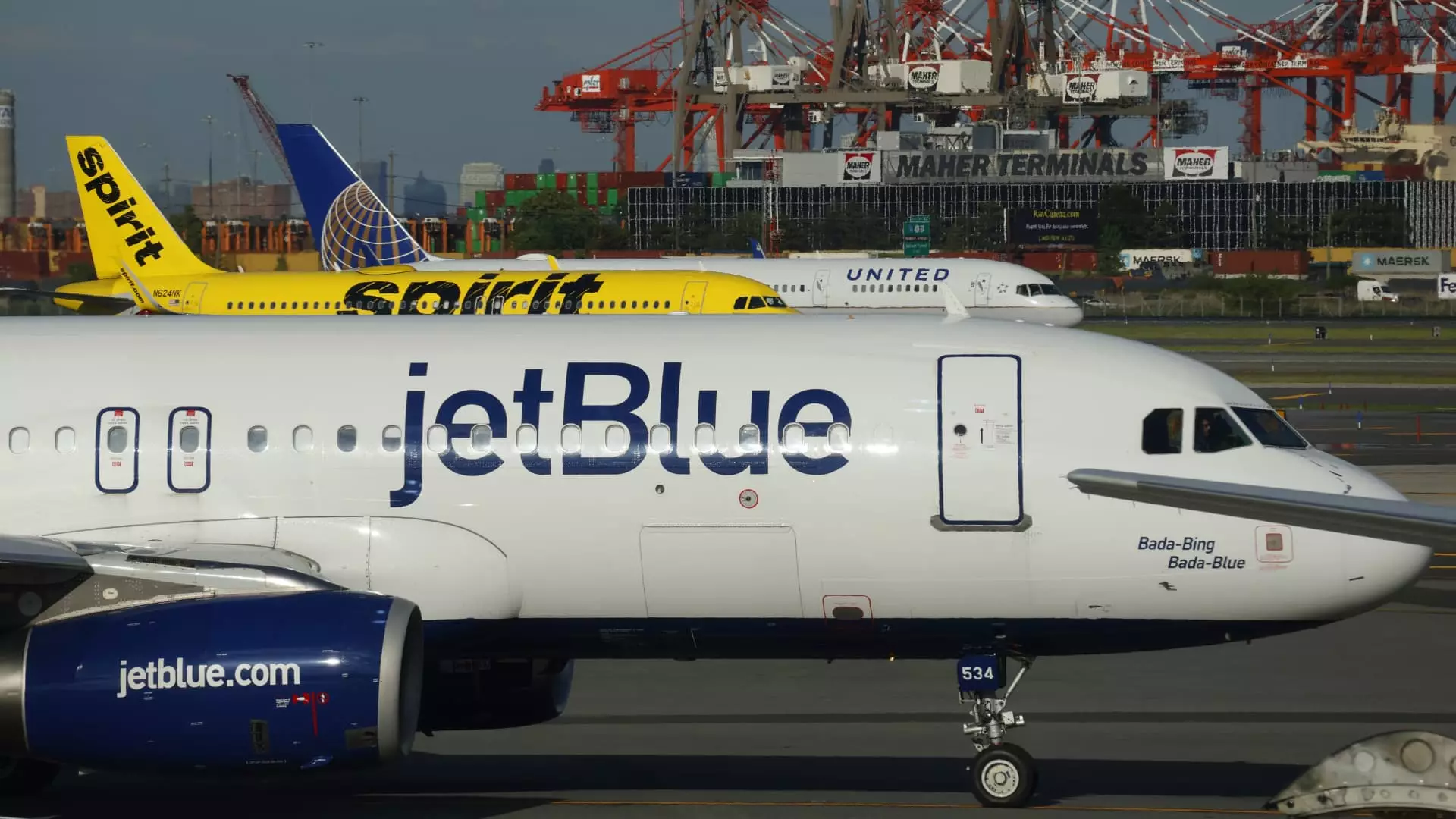In a surprising turn of events, airlines that were once eagerly awaiting new aircraft are now pulling back on their spending due to financial constraints. Cash-strapped budget airlines, facing challenges in achieving steady profitability, are postponing billions of dollars worth of new aircraft deliveries. This shift in approach has been triggered by the need to cut costs and navigate through a period of engine repairs that have impacted the industry.
Spirit Airlines, JetBlue Airways, and Frontier Airlines are among the carriers that have not reported annual profits since 2019. This stands in contrast to larger carriers that have managed to return to profitability. The competitive environment, with airlines flooding the market with flights and driving down fares, has put pressure on revenue streams. As a result, low-cost carriers have found it increasingly challenging to maintain profitability in this environment.
In response to the financial challenges they are facing, airlines such as Frontier and JetBlue have chosen to defer deliveries of new aircraft. This decision allows them to save costs and streamline their operations. For example, Frontier recently announced the deferral of 54 Airbus aircraft until at least 2029, citing the need to manage supply and demand dynamics in the industry.
JetBlue estimates that deferring 44 Airbus A321 airplanes through 2029 will result in approximately $3 billion in savings for the airline. This move is part of a broader strategy to reduce costs and improve profitability. By extending aircraft leases and exiting unprofitable routes, JetBlue aims to navigate through the current challenges effectively.
Airlines are not only grappling with financial struggles but also facing operational challenges such as grounded jets due to engine recalls. This complicates the decision-making process around aircraft deliveries, as highlighted by JetBlue’s CEO Joanna Geraghty. The need for growth, combined with financial constraints, presents a double-edged sword for airlines in the current landscape.
Budget airlines like Spirit Airlines are particularly vulnerable to the financial pressures in the industry. The decision to defer aircraft deliveries comes as the airline reports significant losses and a drop in revenue. By postponing the arrival of new aircraft, Spirit aims to stabilize its financial position and weather the storm caused by the engine recall issue.
The global airline industry continues to face challenges related to aircraft leasing and supply shortages. The shift in demand for new fuel-efficient planes has led to record lease rates for popular aircraft models like the Airbus A320 and Boeing 737 Max 8. Airlines have the option to purchase or lease aircraft, with some carriers resorting to sale-leaseback arrangements to raise capital.
The changing dynamics of airline purchases reflect the financial pressures facing budget airlines in the current environment. By deferring new aircraft deliveries, carriers are seeking to reduce costs, stabilize their operations, and improve profitability. While the industry continues to grapple with challenges related to supply shortages and financial constraints, airlines are adopting strategic measures to navigate through these uncertainties.

